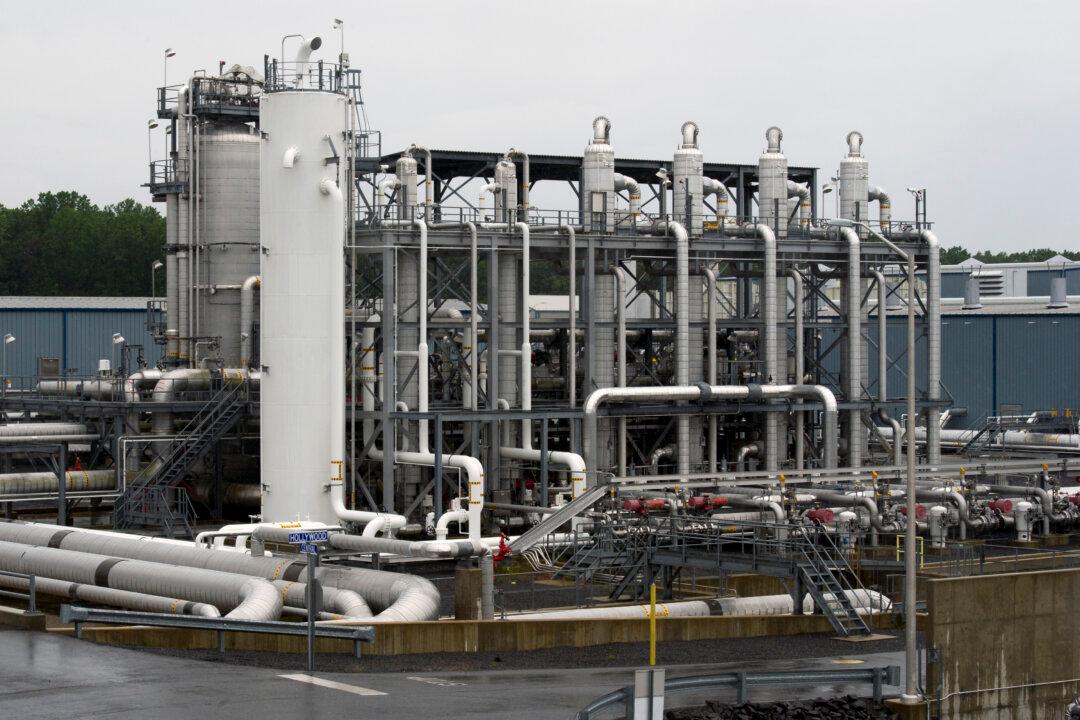The Republican-led House Oversight and Accountability Committee staged its 15th review in the last 15 months of the Biden administration’s energy policies during a two-hour May 23 hearing that Democrats say was orchestrated more as a forum for election-year rhetoric than for a sober assessment of energy policy and Department of Energy (DOE) spending proposals.
DOE Secretary Jennifer Granholm was grilled over administration plans to domestically source critical minerals, adopt conservation standards for appliances, advance commercial nuclear power, restore the Strategic Petroleum Reserve, boost electric grid reliability, provide billions in subsidies for renewable energies, its liquid natural gas (LNG) export-permit “pause,” and even how it deals with UFO sightings around power plants.





